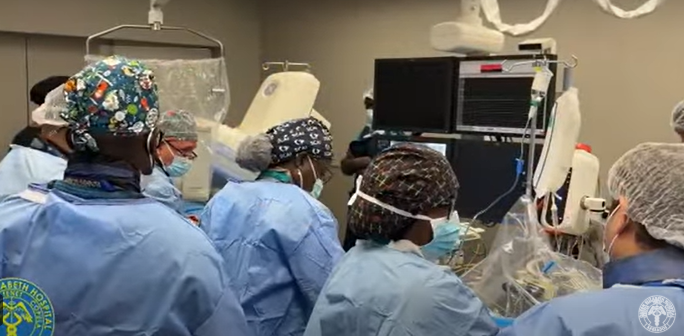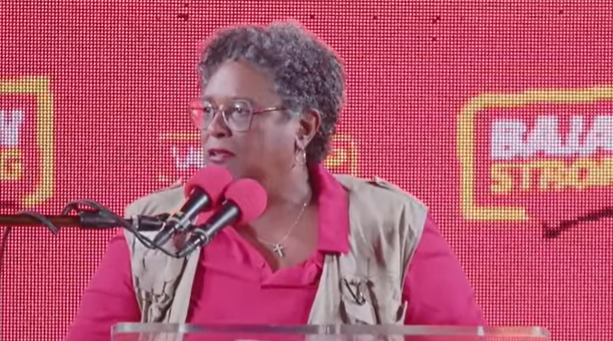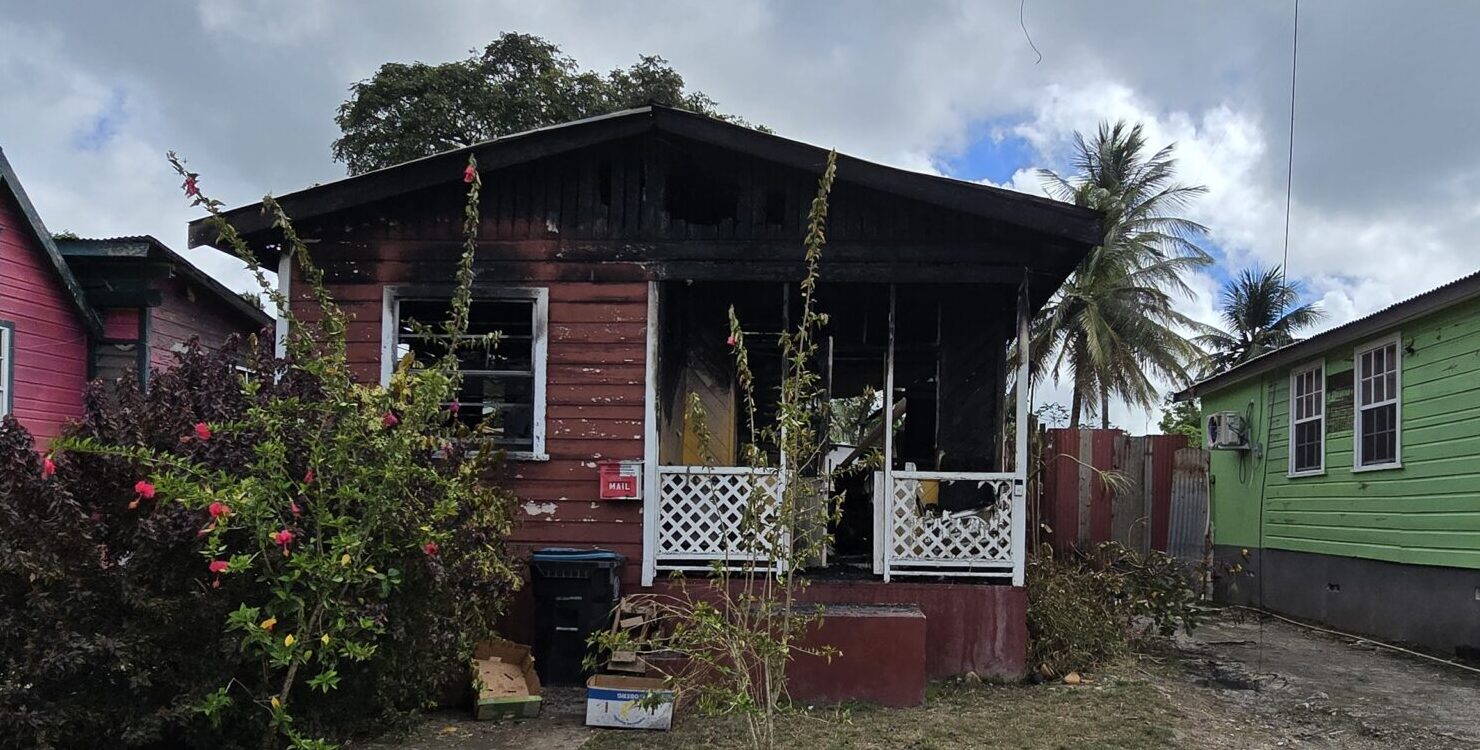In a ceremony rich with symbolism and tradition, Combermere School has permanently enshrined the legacy of its distinguished alumnus, Lieutenant Colonel the Most Honourable Jeffrey Bostic, by naming its main thoroughfare in his honor. The newly christened Jeffrey Bostic Carriageway was officially unveiled during a formal gathering at the Waterford, St. Michael campus last Friday, an event school administrators hailed as a landmark moment in the institution’s storied history.
Deputy Principal Timothy Barrett underscored the school’s long-standing practice of recognizing individuals who have demonstrated exceptional service and achieved the highest levels of excellence. This tradition is visibly embedded across the campus, which already features landmarks named after notable figures such as the Frank Worrell Playing Field, Jack Adams Playing Field, Drax Square, Major Noot Hall, and the Jebodhsingh Weather Station.
Principal Robin Douglas articulated the profound symbolism behind selecting the carriageway for this honor. He described the school’s entrance and exit as a metaphor for the educational and life journey undertaken by every student—from their initial steps in the lower forms to their progression into life beyond the school’s gates. Connecting this imagery to a phrase frequently invoked by President Bostic himself, Douglas noted that the location powerfully represents the concept of ‘from humble beginnings.’ He elaborated that each student’s passage through this gate marks the start of their personal contribution to the enduring legacy of Combermere, an institution whose influence across Barbados and the wider region has been both ‘persistent and unshakable.’ The daily act of entering and leaving the school grounds was presented as a poetic parallel to the lifelong journey of all Combermerians, affirming that the school’s motto, ‘ever a Combermerian,’ represents a profound and lasting identity.
Errington Shurland, Executive Director of the Regional Security System, addressed the assembly to celebrate, honor, and recognize an alumnus who has ascended to the nation’s highest office, bringing immense pride to himself and his alma mater. Shurland highlighted the significant coincidence of President Bostic’s inauguration on November 30, 2025, which aligned perfectly with the school’s 330th anniversary, describing the dual celebration as a uniquely fortuitous event. He chronicled Bostic’s formative years, beginning with his enrollment at Combermere on September 9, 1971, at the age of ten, through his academic accomplishments and extensive extracurricular engagement in the cadet corps, hockey, table tennis, and football. It was the cadet programme, Shurland emphasized, that proved most instrumental, instilling in him the core values of ‘selfless service, integrity, duty, honour, and loyalty.’ These principles were later echoed in President Bostic’s own installation speech, where he credited Combermere as the place ‘where horizons were expanded and leadership was shaped,’ and paid tribute to the mentors pivotal to his development.
The official citation further detailed Bostic’s advanced education and training at prestigious institutions including the Royal Military Academy Sandhurst, the University of the West Indies Cave Hill Campus, and the Inter-American Defense College in Washington, DC. It outlined a decorated career featuring senior leadership roles within the Barbados Defence Force, the Regional Security System, and significant diplomatic assignments overseas. Shurland also commended Bostic’s extensive national service beyond the military, including his tenure in the House of Assembly and his steadfast leadership during the COVID-19 pandemic, exemplified by his resolute rallying cry, ‘No retreat, nor surrender.’ The dedication of the carriageway was presented as a tangible and enduring tribute to this lifetime of service, serving as a powerful exemplar for current and future students. Concluding with a poetic reflection, Shurland reminded the student body that ‘the heights of great men reached and kept were not attained by sudden flight,’ inspiring them to pursue excellence through perseverance and dedication.









